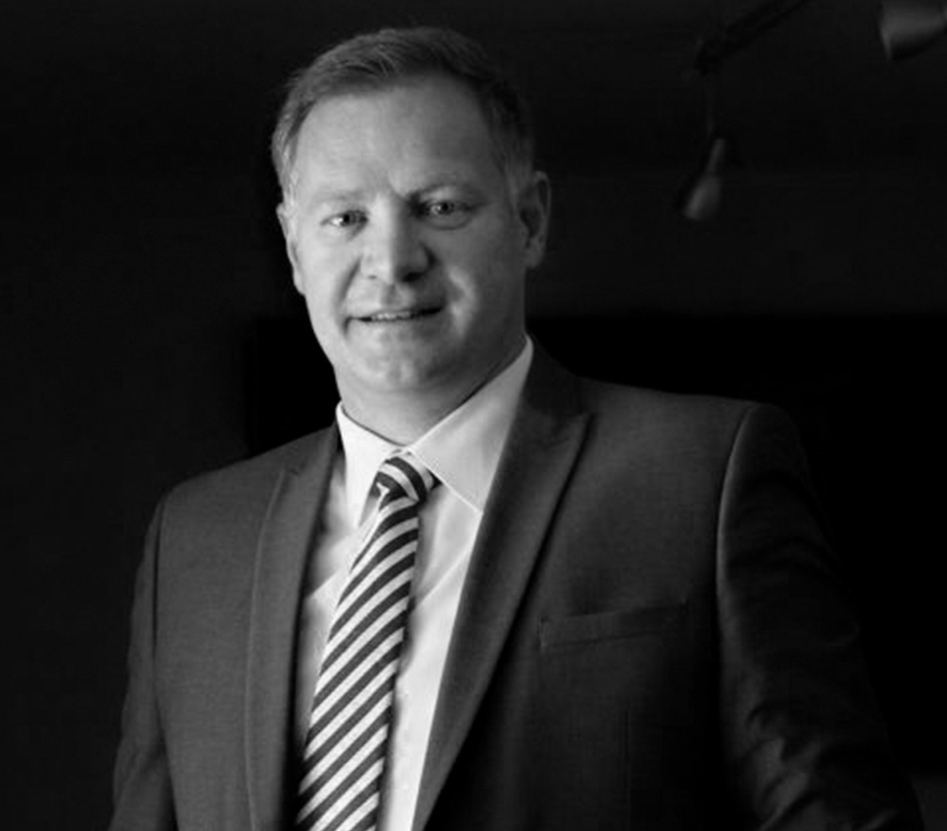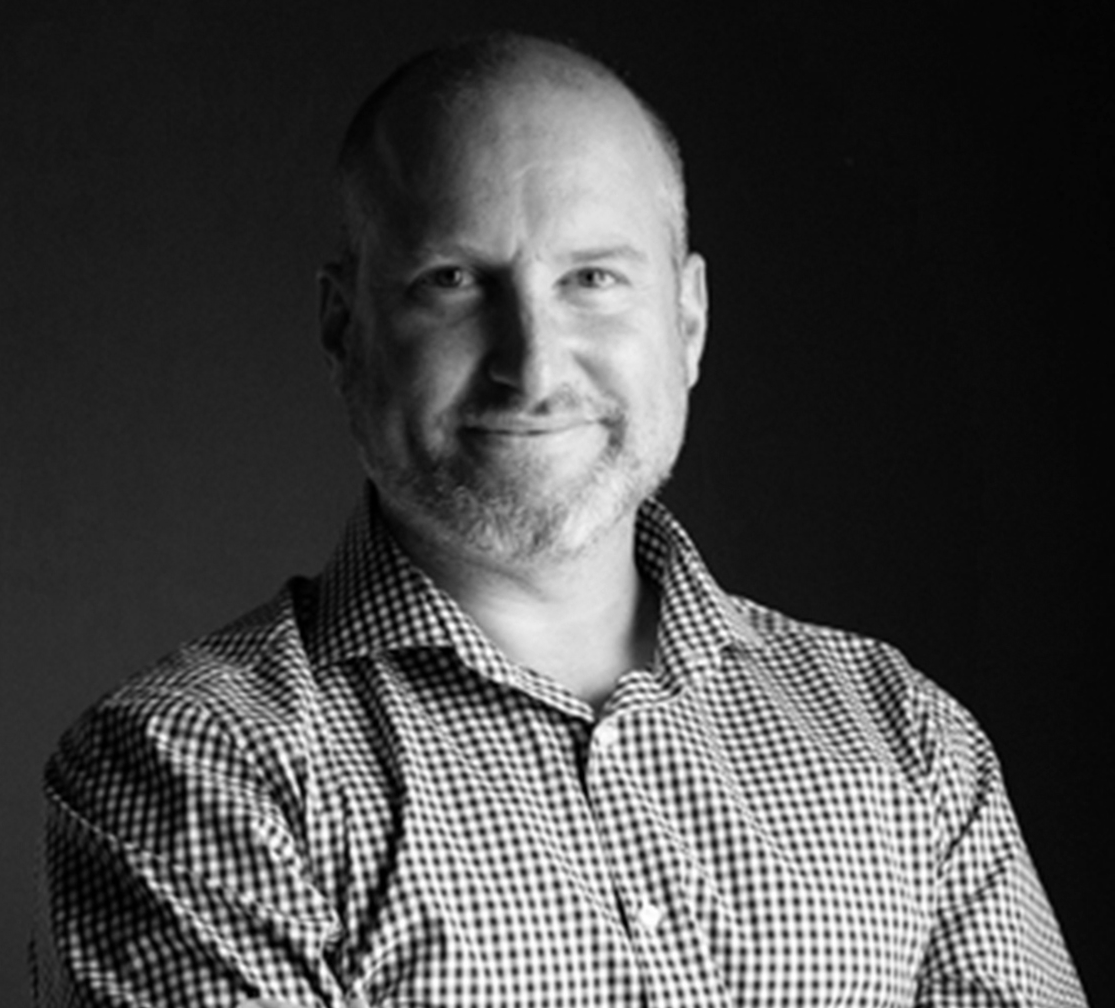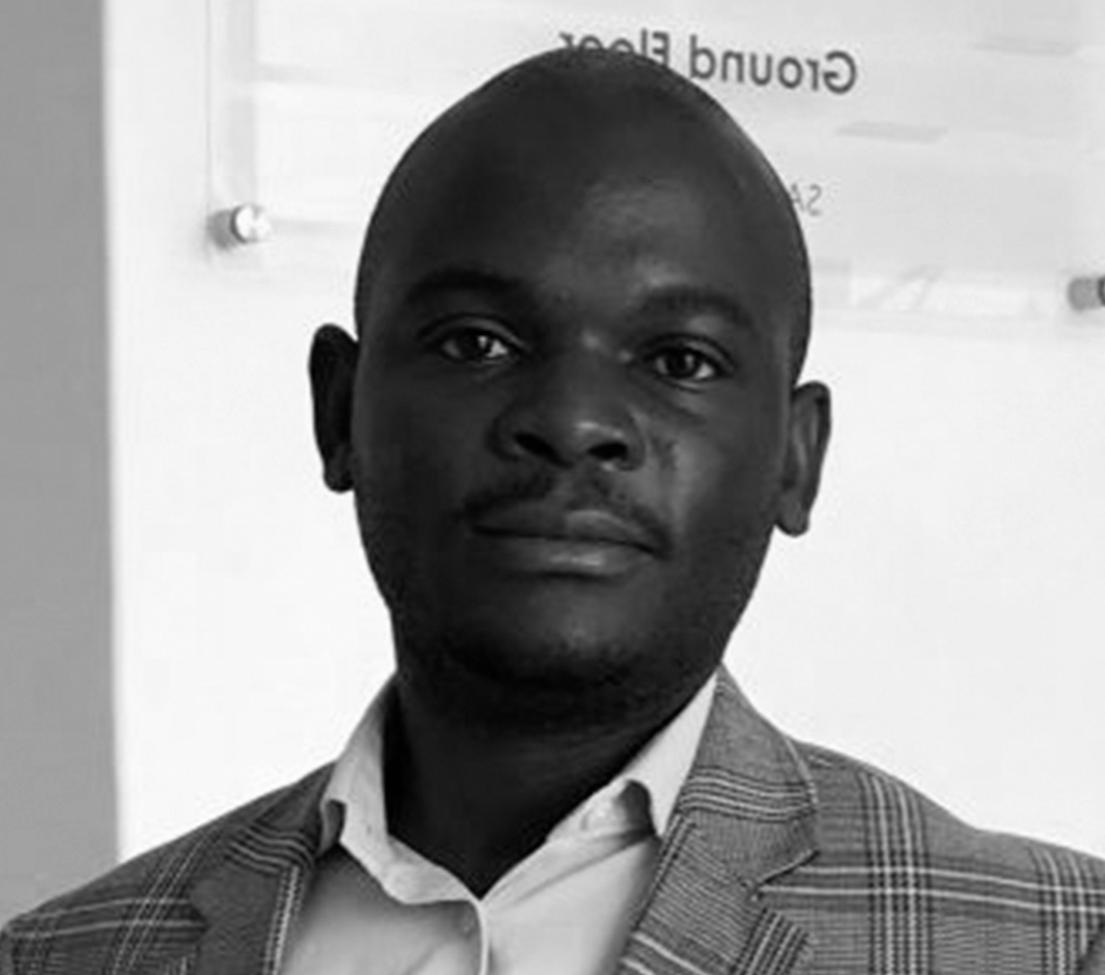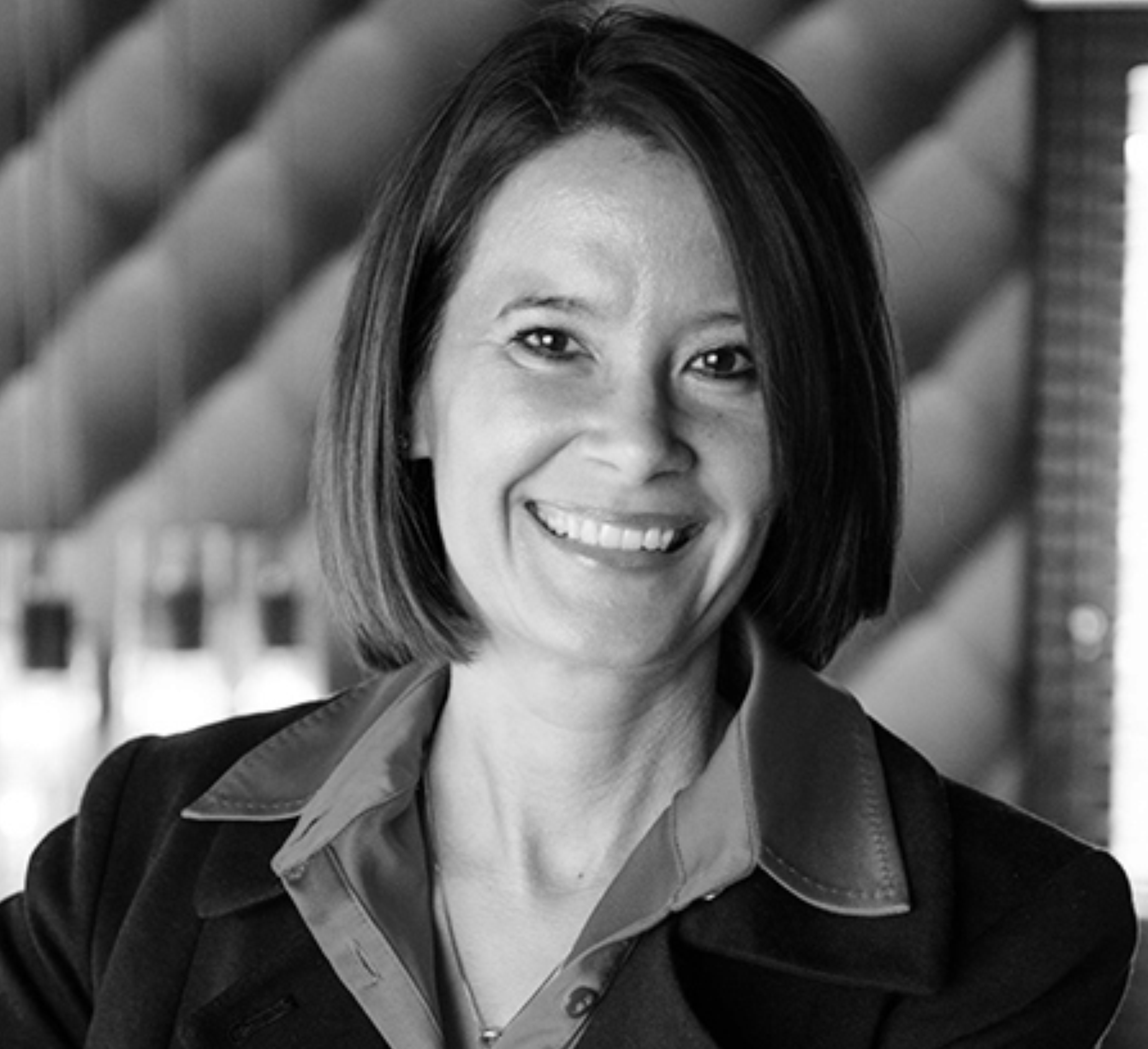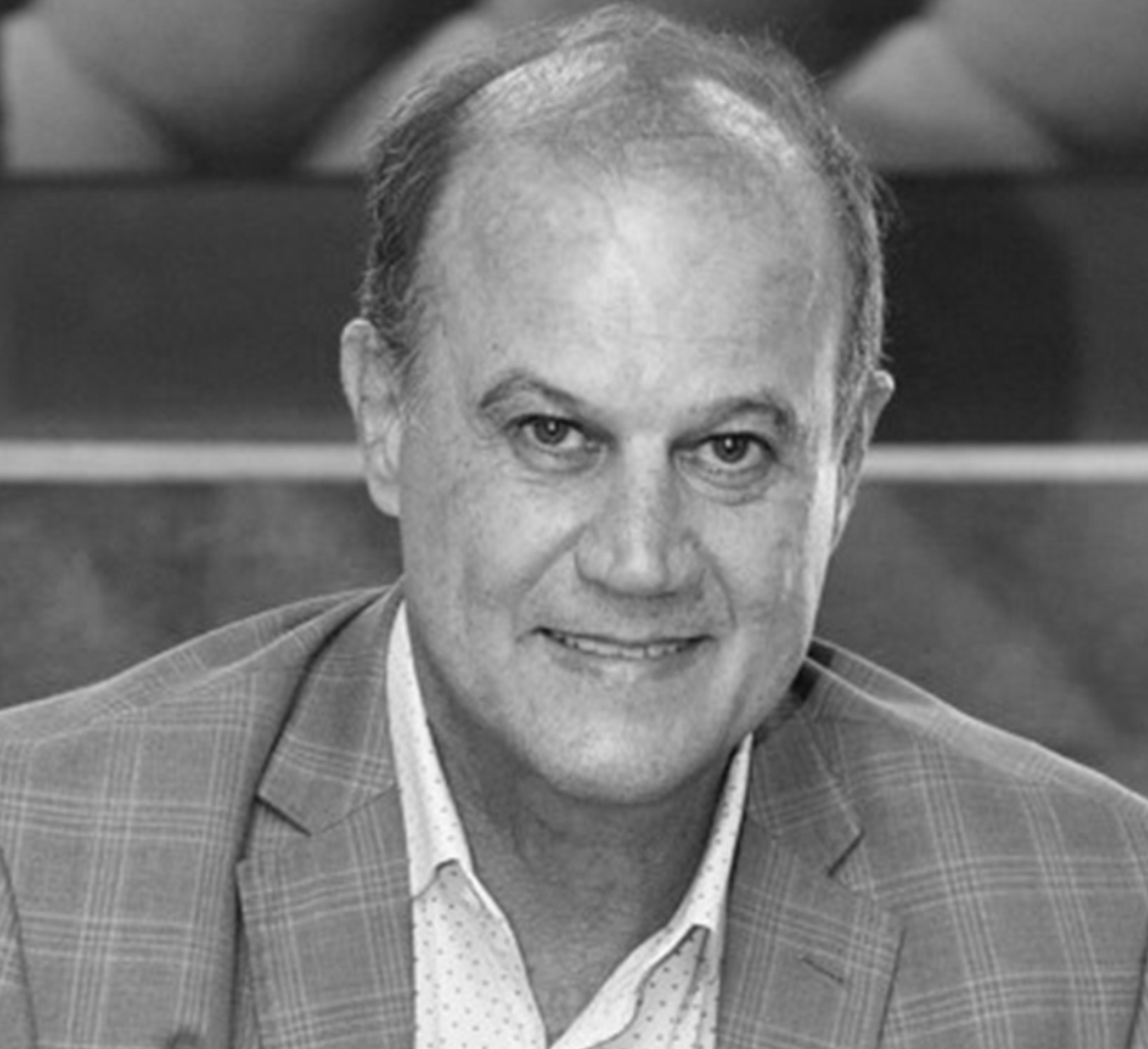2: Pieter de Jager
CFO: Tanga Cement Classical thinking is out the window.
In this CFO Talks podcast, Pieter explains the challenges of the modern CFO. He spends less than 5% of his time on reporting and preparing financial accounts. A far greater amount of time is spent on corporate finance and funding, making sure the business has sufficient liquidity to compete. Tanga Cement contributes 30 – 40% of parent Afrisam’s business, and the compliance requirements of being listed on the Tanzanian Stock Exchange occupies a considerable amount of his time. Pieter provides a fascinating window into the life of the modern CFO.
Pieter de Jager of AfriSam’s Tanzanian division, Tanga Cement, provides some insight to the integrated responsibilities of the modern CFO.

CIARAN RYAN: I’m talking to Pieter de Jager, the CFO for Tanga Cement, a company listed on the Tanzanian Stock Exchange and a division of AfriSam, the South African-based cement producer. AfriSam has been operating for 80 years in South Africa, which, as we know, has been tough for builders and downstream suppliers in recent years, particularly since the winding down of large construction projects such as the World Cup Soccer stadiums, the Gauteng Freeway Project and the Medupi and Kusile power stations. Pieter de Jager is an accountant by profession but is not a Chartered Accountant, he chose a different route into the accounting profession and his designation is CFO SA. He’s also a board member for the South African Institute of Business Accountants, so we’re delighted to welcome Pieter de Jager to CFO Talks. Welcome, Pieter.
PIETER DE JAGER: Ciaran, thank you very much for having me.
CIARAN RYAN: Pieter, let’s start off with your decision not to go the CA route but to become a business accountant, can you explain your thinking behind that? We tend to think of CFOs as being synonymous with the CA designation but clearly that’s not always the case.
PIETER DE JAGER: Yes, Ciaran, it’s a common misnomer that CFOs need to be CAs but not all career paths are similar. For instance, when I started out as a company CFO for a listed company, roughly 12 years ago, a fair amount of the CFOs of JSE-listed companies were not CAs, that has subsequently also migrated to, like I said, a common misnomer, and marketing through other institutes that profess that CAs are the best CFOs. However, I hold a postgraduate honours degree in accounting and an MBA from GIBS, and I have worked my way up through companies, large multi-nationals and listed alike, and have proven with management skills that business accountants can be good CFOs.
CIARAN RYAN: Give us a bit of background on yourself and your career as an accountant, how did you end up in Tanzania, for example?
PIETER DE JAGER: It was quite an interesting journey, I did my articles post my undergraduate at EY and was appointed as a financial manager out of articles in roughly 1997, I started out as a young financial manager at [2:20] electrical machines, a French-owned company in the electrical engineering sector. After that my career progressed fairly rapidly from there as exposure in, like I said, electrical engineering, manufacturing FMCG, transport, logistics and warehousing, I spent about four years with the Imperial Group but the latter part of my career was focusing in metals and mining, as well as the cement-manufacturing industry. So ja, roughly 12 to 13 years as a CFO of large multi-nationals and spent time on the boards of companies listed in Johannesburg, Toronto, Australia and now for the last three-and-a-half years in Tanzania. Through my career I have had a lot of experience and exposure to corporate actions, mergers and acquisitions, reverse listings and then a lot of corporate finance, capital fund raising, debt reorganisation and the like, group restructuring and unbundlings. Also, in the mining sector I was part of a large feasibility study, a bankable feasibility that we published on the PSX. I think just being part of a management team and showing your commitment and your general management skills, especially in the face of great adversity and challenging circumstances quite often serves you well in progressing in your CFO career. I think how I landed up in Tanzania was basically the AfriSAm Group approached me and they were searching for a CFO with my particular skills, I have had previous experience in the DRC and other African countries, so bringing that skillset to the fold, understanding the challenges of working in Africa served me well. I have had a great time with the AfriSam Group so far. The interesting process of making cement.
CIARAN RYAN: Let’s come back to working in Africa and some of the challenges in a few moments but can you describe the Tanga Cement operations and give us some idea of how important it is to the broader AfriSam business? I think it might be interesting for people to know how cement is made.
PIETER DE JAGER: It’s quite an interesting process, the technology in making cement is not new, most often the process is referred to as the Portland, which is a town in the UK, where the initial technology, maybe 100 years old, was developed, and basically the mining of limestone in quarry operations, classically an opencast situation, you mine the limestone, you bring the rocks to the surface, that is essentially crushed and milled into a fine powder called raw meal. Raw meal is transported using an air system, pneumatics, into a kiln. Now, people who are familiar with cement processes will be very familiar with these kilns, they are high-heat, very large and capital-intensive equipment. Most of them are either gas-fired or coal-fired kilns and they reach a heat of roughly around 1200 degrees at optimal operating temperature, where the limestone, which is crushed into raw meal, is blown in and in the heat exchange process it changes its chemical composition to form an intermediary product, which we refer to as clinker. Clinker is cooled down and transported further down the production line and then milled into cement as we know it. All companies use an extender because your milled clinker is actually pure cement and sets too fast and is too strong. In the construction applications you need different strengths of cement and different setting times depending on the application. As you can imagine, cement cannot set immediately, it needs to moulded and formed and pumped into the different applications. So we use extenders, the common one is known as fly ash. In Tanzania we use pozzolana as an extender, from where it’s mixed into the milled clinker to form cement as we know it and then packed into bags and onto the trucks from there. Your question on the importance of Tanga Cement in the larger AfriSam operations, we are the largest investment of AfriSam outside of South Africa, we form about 30% to 40% of AfriSam’s business, which is quite large, AfriSam being the number two producer in South Africa. Tanga Cement in itself is also a fairly large producer in East Africa and the second-largest in Tanzania. We do roughly about 1.1 million tons of cement per annum from this production site. So we are quite a key investment for the AfriSam Group and we also have representation through our management structures on the AfriSam board.
CIARAN RYAN: Is Tanga Cement supplying the whole of East Africa and do you have other plants elsewhere in Africa?
PIETER DE JAGER: Tanga Cement is mainly operating in Tanzania, where we do most of our business, Tanzania being a fairly large country itself and a very high GDP growth and you see the construction sector also growing quite healthily. We supply the smaller East African nations like Rwanda, Burundi, Uganda and some minor exports into the eastern part of the DRC bordering Tanzania. So a market like Kenya is quite full of producers and it doesn’t offer much expansion for us from Tanzania to the south of Kenya.
CIARAN RYAN: You said the market conditions in Tanzania were quite robust, give us a little bit more detail on that.
PIETER DE JAGER: I think construction in general is facing some adversity. We’ve seen the entrance of players like large Chinese companies, backed by Chinese government funds, entering the market in Southern Africa. We have seen the big cement producer out of Nigeria, Dangote Cement, entering around about the Soccer World Cup, they entered the South African market and had a huge impact, and in the last two to three years they also entered the Tanzanian market under their brand name Dangote Cement. That provides challenges, quite healthy competition and often we see a lot of pressure on pricing, which impacts margins and feasibilities of projects that you thought, when you tackled the project, the returns would be at higher margins. However, having a robust business system and being part of a larger group and the staff, we make plans as we go along. You ride these competitor waves as they occur and the larger companies, with the more robust systems and structures tend to survive these economic cycles. So with competitor entry there is very low barriers to entry, governments are very inclined to allow investment on the back of various promises, tax incentives, investment incentives and the like. At the end of the day one would assume that it’s in the best interest of the consumer to have market competition in this regard and we are also pleased that this is the case in Tanzania. I think to underline what I was saying, competition is quite fierce and you have to have your head screwed on quite firmly to make your business case work year in and year out. Chinese operations and equipment not to be underestimated.
CIARAN RYAN: It used to be said, in South Africa we had three major cement producers and it was referred to as a cartel and the cartel itself defended this position, it defended the fact that there were only three producers, on the grounds that the barriers to entry were quite high. If I remember correctly, and I don’t know if this is still the case, the market was carved up on geographical grounds. So if you were AfriSam you would have a certain geography in South Africa that you would sell to and other producers would look after different areas. Maybe you could explain this low barrier to entry that you’re talking about there, surely the capital involved in setting up a cement factory is quite high.
PIETER DE JAGER: Let me qualify that, I think a few of our listeners will actually remember the good old days of legalised cartels and I say that tongue-in-cheek, which was also quite the case in South Africa. I wasn’t in cement during those times but you are quite right, there were three or four very large players and they did organise the market. This was obviously preceding the time of free and fair competition, and the entry of the Competition Commission, as we know it in South Africa. Subsequent to that era, cartels were broken up and there was more promotion of free and fair competition. So that definitely did migrate the competitive landscape, it had an impact on business models and budgets and the like, and at the end of the day it was all aimed at benefitting the consumer. Now, you are quite right, in as much as the high capital investment required for cement plants, it is very, very pricy and often per production unit more expensive than primary mining. We’re talking at least, in rand terms, R2 billion per production unit. Just as a matter of interest, Tanga Cement is running two production lines, so you can imagine the capital investment. However, the competitors coming in do seem to have deep pockets behind them, I have mentioned the Chinese parastatal funds, semi-private and they do have a way of cross-funding their businesses. We do see that their business models are not necessarily adhering to our classical way of business model thinking. So when we do pricing analysis and market strategy, we often see the Chinese not following that game plan, they tend to have or seem to have longer-term plans not focused on short and medium-term returns but to rather establish market dominance. They do put a significant amount of capital investment in Africa. Also quite an interesting point for our listeners is that the common misnomer is that the Chinese equipment is inferior or of lower standard and quality, this is not always the case, we have seen the Chinese step up. They have their systems, they have their people highly trained and they do manage to produce at a lower cost and I say that as a gross generalisation but looking at their market entry tactics one has to assume they have far longer-term plans than the classic short to medium-term plans. So they have a ten-plus year view when they put down in dollar terms $400 million into a cement plant.
CIARAN RYAN: What kind of period of time are they looking for a payback? Typically in the type of plant that you’ve mentioned that you’ve got in Tanzania, what period of time would you expect your breakeven to arrive, is it a four, five-year period and what would the Chinese expect?
PIETER DE JAGER: It’s very hard to speculate on the Chinese model. I think what is important is that we do take them seriously because they are a force to be reckoned with and they are here in Africa, they are even in South Africa. Obviously we don’t have access to their funding models and their shareholder relationships and payback. But I think from a classical traditional Western business case we look at paybacks starting from as early as four to five years to start being cash flow positive and generating significant returns to service your capital investments, ie shareholder loans or primary funding loans, total payback I would say about 12 to 15 years. So you can imagine putting up a new kiln, which is the largest part of a production line and also the most capital intensive, you need to have an extremely long-term view, very good data and a market plan to sustain that investment for your shareholders and your investors. CFOs are frontrunners
CIARAN RYAN: Let’s move on to some accounting issues now, one misconception that we should dispel off the bat is that the CFO is primarily concerned with accounting issues and preparing financial statements. I take it that this is very far from the truth as far as you’re concerned?
PIETER DE JAGER: Quite right, Ciaran. I’d have to guess that we spend less than 5% of our time on [15:37] reporting and drafting of accounts. As CFOs we are as of late, I’d say in the last decade, we have been drawn into a much more strategic and operational role, part of the executive management or EXCO, as we call it, we spend a lot of time on corporate finance and funding models, talking to banks, working out working capital, ensuring that you have sufficient liquidity to compete in this very competitive market and the economy is also very challenging worldwide. Other things we keep ourselves busy with, off the cuff, compliance – if you’re a listed company like we are here there is significant compliance, stock exchange rules, various laws to make sure that you comply with and then, obviously, taxation, which is quite a challenge for us and quite an area of expertise, as we get a lot of tax audits and we also need to take cognizance of a lot of projects and group reorganisations that we do so that we do not fall foul of the tax impact of our decisions. Operationally and strategically we are very involved in budgeting and controls, which assists all the other departments, as well as the board, to give them comfort that we are aligned, that we are executing plans in line with some plan and that there is a base of measurement. If we had no budget, which is also a point of discussion, you often find that companies are steering in a rough sea without a rudder, so budgeting is important for various reasons. It gives all departments accountability over their spend and their returns. It’s important for managers to also give their input into these budgets and periodic reforecast because markets do change, and then obviously the controls that go with that. As the economic landscape changes and competition enters, we are forced into uncomfortable territory, according to classical thinking we are forced to do projects at very short notice to attempt to change direction of the company, the strategy, tackling things that a classical accountant would take their time to question and essentially find fault. But lately CFOs are more frontrunners, classical thinking is out the window, we need to put ideas forward and we need to be a business enabler to the likes of sales and commercial, to the likes of plant and production, provide them with more data so that they can take decisions out of that, historical analysis, we do statistical analysis, we do trend analysis for them. So it becomes a very integrated function. HR and people management takes up a lot of time and obviously we have to do our shareholder, stakeholder and board engagements to keep them abreast of our performance and our strategy going forward.
CIARAN RYAN: You did build the team that currently works with you at Tanga Cement and I guess you are particularly proud of that. I think anyone with experience in business will say that managing people is the most difficult and time consuming part of a manager’s life, would you agree with that and what qualities would you look for when hiring staff?
PIETER DE JAGER: Firstly, I think you are spot on, managing people drains energy, it requires a high amount of EQ, emotional energy, it is an uncomfortable area of expertise for accountants and being a CFO dictates that you need to manage people. I’ll give a practical example, my accounting department is roughly 20 to 30 people and then all the related functions like procurement, which reports into finance. So we can easily sit with a staff contingent, depending on the size of the company, of dealing with people between 30 and 40 people at any given time. So it’s very busy, staff have real issues and they need to be taken seriously as valued members of the team and as an asset to the company. You asked what qualities I looked for in hiring staff, so in this challenging environment where we find ourselves with less and less time available because of the business pressures it is imperative that we hire staff who are experts in their key areas of focus. Personally I hire staff who I deem to be better than myself. They are normally younger and we employ them in those positions to grow them and also map out a very clear career path with training required, timelines required and the necessary rotation in job functions if required. So I instill a winning culture, so I believe in a healthy internal competition, I promote and empower staff. Once you’ve given the reins to a staff member, let’s call them a financial manager, we have three or four financial managers who work for me, and once I empower them to take decisions on their own, I have to stand behind it, right or wrong, and that seems to be the key catalyst for people to come outside their comfort zone of asking for permission for every decision they have to take. As an example of employing that, in the past three years in Tanzania we have won the Best Presented Financial Statements on the stock exchange three years running, in the manufacturing sector and overall on the stock exchange, as awarded by the local board of accountants and auditors. The staff takes very big pride in that and every year we try and improve the standard. So not only technically academic superior staff but staff who believe that they are the best in Tanzania and once they believe that they actually perform to those standards.
CIARAN RYAN: It’s an interesting concept that you just raised there, you employ people who are better than yourself and it raises the question that if you were applying for a job at the company today would you, in fact, employ yourself?
PIETER DE JAGER: [Laughing] I think I would.
CIARAN RYAN: You would, okay [laughing].
PIETER DE JAGER: I promote the thinking of being the best in your position in Tanzania. If you are not, make sure that you have all the training lined up to be the best within the next year. So three-and-a-half years later I actually said to the staff that it is recognised in the media, the professional network and the institutes locally as been the best and often invited as guest speakers and, even as an example, our tax expert is also invited quite often by the revenue authority to train their tax auditors. Operating in a volatile regulatory environment.
CIARAN RYAN: So as an ex-pat South African working in Tanzania what are some of the challenges that you have had to deal with? I don’t know if you’ve had much time to pay attention to the Zondo commission of inquiry into state capture here in Joburg, but we tended to think that corruption was something that happened elsewhere in Africa, and to a much lesser extent in South Africa. Now we are learning how deeply embedded corruption is at so many different levels in public and private life. How does one manage this when working in Africa?
PIETER DE JAGER: First and foremost we spend a lot of time in South Africa working on group matters and we have a South African parent, so we are keenly aware of the challenges that South Africa is facing. It is not unique to South Africa, Africa itself is also very exposed to these things. We operate in a very volatile regulatory environment where revenue authorities, for instance, are constantly under-recovering on their target and it puts pressure on their internal resources to deal with these audits and queries. But we manage that through, like I said, upskilling our staff. We have a very strong corporate culture and policies against bribery and corruption. We employ a very successful anonymous whistle-blowing programme, where staff are constantly reminded and encouraged to report anything that seems out of the ordinary. In that way we are seen by the market and the regulatory authorities as an example of how to do business honestly and ethically.
CIARAN RYAN: Just on that point about the whistleblowers, we have laws in South Africa, as you know, Protected Disclosures Act and so on, some of the whistleblowers that I have spoken to argue that the law is ineffective and that they are actually victimised once they come forward because you really are turning against…I’m guessing that when you have a culture of corruption that’s allowed itself to be embedded in the company and you start going up against that you are going to expose yourself to some difficult times ahead. So this anonymous whistleblower system that you have; is it working and is it used?
PIETER DE JAGER: We’ve employed external auditors to monitor the whistleblowing email and call centre, they report directly to the group head of internal audit and the head of the audit and risk committee. So that bypasses all active executive management of the entire AfriSam Group. So we believe the programme is effective and, like I said, we constantly highlight this in our team talks that we do not engage in this type of business and no government official in all the regions that we operate has approached us in this regard to put us in a position because they are so aware of our ethical corporate culture.
CIARAN RYAN: Let’s turn for a minute to some of the big issues facing accountants in South Africa and I think perhaps the biggest issue is reputation, particularly after so many high-profile corruption scandals involving the big audit firms with Steinhoff, VBS and others, what are some of the big issues, in your opinion, facing the accounting profession?
PIETER DE JAGER: Very interesting question, in this challenging economic environment there is growing pressure on CFOs and accountants to produce good financial results in the face of challenging economics and challenging competition and the like. On top of that we have ever-improving IFRS and IIA [26:20] standards, and the auditors are putting the proverbial screws on. So these are the pressures we face and I think to maintain your objectivity and to report the free and fair financial position of the company is a challenge and it runs hand-in-hand with being part of senior management. That must be balanced in a way that you are not required by your other senior management teams to actually report something that is not true or is a grey area.
CIARAN RYAN: You’re a member of the South African Institute of Business Accountants board, in your opinion is membership of a professional body such as SAIBA important for practicing accountants?
PIETER DE JAGER: I believe so, yes. It gives us access to training and professional networking, where we can share ideas, and, more importantly, we need to improve the standards and the public opinion of the accounting profession, and a platform like SAIBA gives us exactly that. Being on the board of SAIBA I believe I can contribute and share ideas with the content and the networking topics that we do cover. SAICA’s reputational problem
CIARAN RYAN: We’ve seen some chartered accountants, for example, resigning from SAICA, which is your opposition. There clearly is a bit of a reputational problem that SAICA has, would you agree with that?
PIETER DE JAGER: I think it’s evident if you just take the media reports that are out there and you draw a fair conclusion. I think it’s evident that they have ethical issues, I think it’s important for them to look internally into their own code of ethics and disciplinary code. I think in SAIBA we promote that because we want to have a transparent disciplinary and ethical code and to promote the profession and the public opinion of the profession through this.
CIARAN RYAN: Very quickly, I just want to take up one or two other issues with you, the Independent Regulatory Board for Auditors, IRBA, recently recommended rotating auditors every ten years at the big private and state-owned companies, is this a good idea? One of the arguments against this is if you’ve been auditing a client for ten years you’ve got a deep-level understanding of that client and then suddenly you’ve got to hand over to somebody new, what’s your view on that?
PIETER DE JAGER: My view is quite straight forward, I believe it’s a good thing. I have been an auditor at the start of my career and I have been the financial director and CFO for the later part of my career, and you do develop a relationship with the auditing firm and, more importantly, the partner. However, I believe it’s a good idea because this will promote independence and objectivity. I believe that no business is so unique that auditors cannot get a good understanding within one to two years. Finances are finances and the business models are not that unique.
CIARAN RYAN: IRBA has also asked for search and seizure, actually I don’t know if IRBA asked for search and seizure powers to help them in their campaign to clean up the audit profession but they’ve certainly got them now. There’s a question whether this passes constitutional muster and it might be overkill. Search and seizure powers, is this a good thing?
PIETER DE JAGER: I believe that it’s a bad thing. I believe that internal ethics and disciplinary procedures effectively instilled by professional bodies in a transparent way will be sufficient to repair the public’s opinion on the profession as such.
CIARAN RYAN: You might even get a backlash against accountants if they are exercising search warrants at your premises, going through your files, I think it could severely damage the reputation of the profession but that’s my opinion. Finally, just to wrap up, Pieter, are you enjoying your time in Tanzania, what kinds of things do you do for fun? How’s the weather?
PIETER DE JAGER: We operate on the eastern seaboard, it’s quite hot, it’s tropical weather with 100% humidity. Luckily we do have airconditioning. I try and break away from work when time allows, I do some watersports on the ocean here and also recently we made some time to travel and see the magnificent wildlife that Tanzania offers in the Serengeti. So I do try and balance my work life with some time away from the office.
CIARAN RYAN: Great stuff, Pieter, thank you very much for your time. That was Pieter de Jager, the CFO for Tanga Cement in Tanzania.

